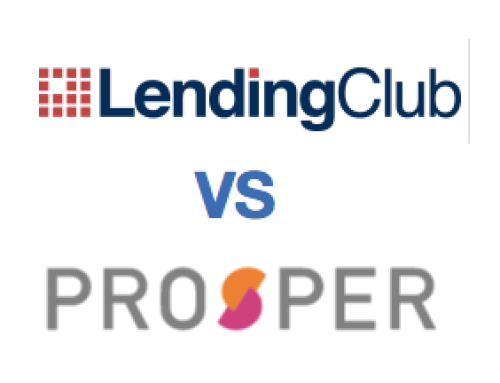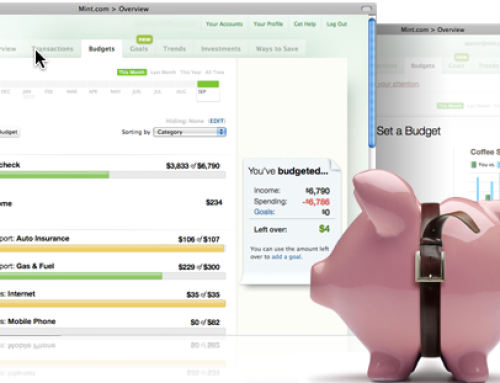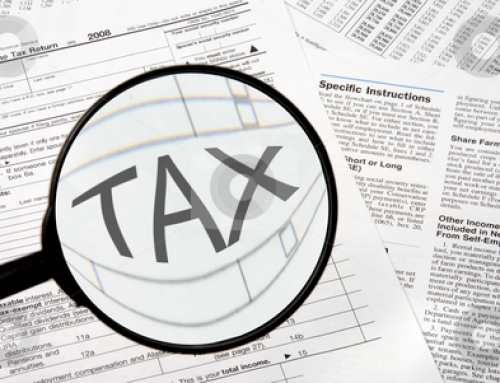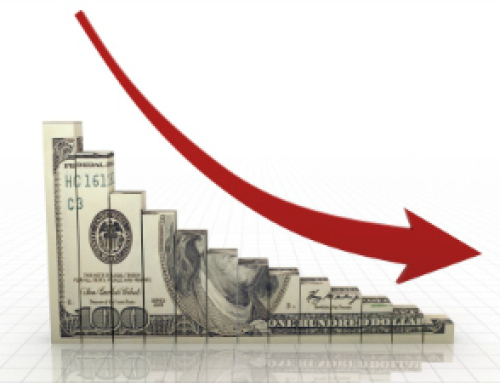
One of the choices that many of us make about our housing arrangements has to do with whether we rent or whether we buy. Your decision should be based on your specific situation, and what you think will work best for your own finances.
Renting: Not All Bad
In our society, we have long been conditioned to think that renting is a bad thing, whether you live in an apartment or rent an entire house. However, renting isn’t all bad. Here are some of the advantages of renting:
- Often (depending on the market), you get more square footage for the monthly payment.
- You can ease your monthly cash flow with the smaller monthly housing payment.
- It’s easier to pack up and move when you rent. You may have to give notice, or wait for the lease to be up, but you don’t have to try to sell the home.
- You can use the savings from your monthly housing payment to invest in something with the potential for a higher return.
- Most of your net worth isn’t tied up in a piece of relatively illiquid real estate.
If you have a mostly transient lifestyle, and you are interested mainly in making sure that you have a lower monthly housing payment because of cash flow requirements and investing interests, renting can be a solid choice.
Buying: Building Your Emotional Investment
One of the first things you have to realize about buying a place to live is that you aren’t always purchasing an appreciable asset. While your home can build value, and it can be a huge asset that you can tap at need, for the most part, real estate you buy as a primary residence is more of an emotional investment.
When you buy, you have increased costs beyond the principal and interest payment that comes with a mortgage. You pay property taxes, as well as the maintenance and upkeep. And, if you move into a larger home, the utilities often cost much more than when you were renting. Realize that, even with the tax breaks that come, by the time you pay interest on a 30-year mortgage, and sink money into repairs and maintenance, it is hard to break even when you buy a residence – even if the real estate market improves.
However, there are definite advantages to buying a home to live in:
- There is the chance of appreciation, and you can tap your home’s equity if you need to.
- You have the ability to make whatever changes you want to your home (as long as they meet city codes), which isn’t the case when you live in a rental.
- It’s possible to provide a stable, long-term place for your children, increasing feelings of security.
- Put down roots in a community and feel a sense of belonging.
- Build up good memories.
In many cases, buying is about the emotional investment more than it is about the possible financial returns. If you value stability and you want to remain in a community for a long time, buying can be a great choice – even if you don’t make fabulous amounts of money. A residence purchase is more of a long-term emotional commitment than it is a financial investment.
It is worth noting, though, that now is a great time to buy a home. Interest rates are at record lows – in some cases you can get a loan for around 3%. Additionally, home prices are still relatively low in many markets. If you are ready to buy a home, you will be hard-pressed to find a better time than now to make that purchase.
What Should You Do?
In the end, it depends on your priorities. There are benefits and drawbacks to renting and to buying. Figure out what you want your residence to mean to you, and how it fits in with your long-term financial and lifestyle goals. Be realistic about what you can accomplish, and then choose what works best for you.













Follow Us